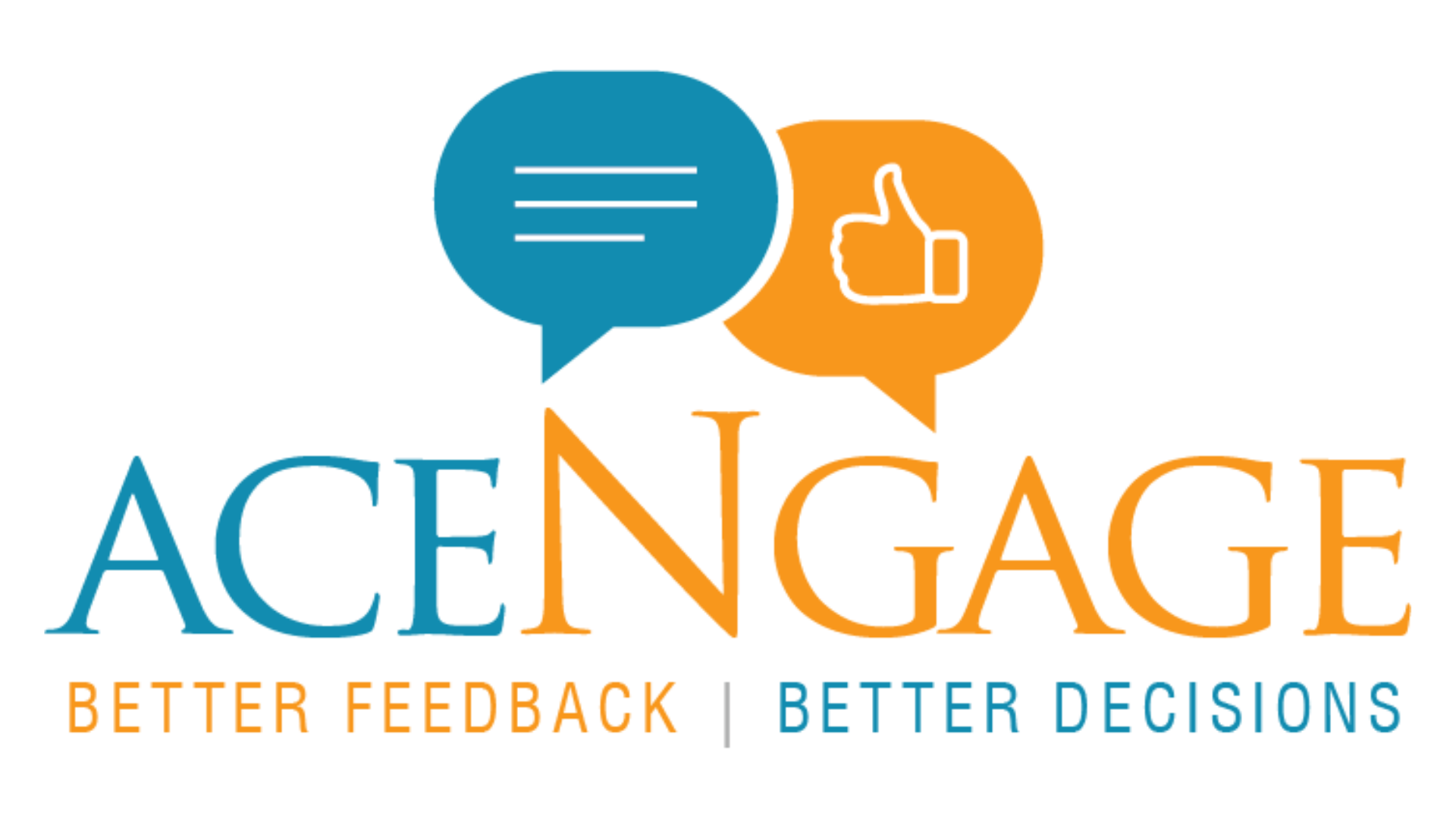Candidate engagement surveys have become an essential tool in recruitment, helping organizations improve the hiring process and candidate experience. In an era where competition for top talent is fierce, and candidates are more selective than ever, ensuring that your organization stands out is critical. Engaging candidates throughout the hiring process can make the difference between securing top talent or losing them to competitors.
Watch a Case study on the Candidate Engagement Survey.
Why Candidate Engagement Matters
Candidate engagement surveys are more than just a means to gather feedback. They are crucial in creating a positive candidate experience and ensuring that every interaction with your organization leaves a lasting impression. Candidates who feel valued and heard are more likely to remain engaged and committed to the hiring process, even if the outcome isn’t what they hoped for.
But why does this matter so much?
Candidates today are looking for more than just a paycheck. They want to work for organizations that align with their values, offer growth opportunities, and treat them with respect throughout the recruitment journey. A candidate engagement survey can help companies gauge whether they’re meeting these expectations and make necessary adjustments to improve the process.
Current Trends and Challenges in Candidate Engagement
The job market in 2024 presents unique challenges for recruiters. Remote work, the increasing demand for flexibility, and a more empowered workforce have all shifted the dynamics of hiring. With these changes, organizations need to be more intentional about how they engage candidates.
One of the biggest trends shaping recruitment is the focus on personalization. Generic, one-size-fits-all hiring processes are no longer effective. A candidate engagement survey allows organizations to gather valuable insights from candidates, enabling them to personalize their approach based on the feedback they receive.
Candidate Engagement Surveys as a Strategic Tool
When utilized effectively, candidate engagement surveys can help you refine your recruitment strategy. They provide you with data on what’s working and what isn’t, allowing you to make data-driven decisions. A well-structured candidate engagement survey can highlight pain points in the recruitment process, reveal insights into the candidate experience, and help organizations adjust their strategies to attract top talent.
For example, a candidate may drop out of the hiring process because of poor communication. If this trend appears in your candidate engagement surveys, it becomes clear that a more robust communication plan needs to be implemented.
What Candidate Engagement Surveys Should Measure
When designing a candidate engagement survey, it’s crucial to measure various aspects of the candidate experience. Some of the key areas to focus on include:
1. Communication
Clear and timely communication is one of the most critical factors in candidate engagement. Candidates want to know where they stand in the hiring process. A candidate engagement survey should measure how well the organization is communicating with candidates at each stage of recruitment.
2. Transparency
Are you being transparent about the role, responsibilities, and company culture? Candidates appreciate honesty, and a lack of transparency can lead to disengagement. A candidate engagement survey can help measure how transparent candidates feel the organization is throughout the process.
3. Speed of the Hiring Process
A long and drawn-out recruitment process can lead to candidate fatigue, causing them to lose interest or accept offers elsewhere. The candidate engagement survey should assess whether the hiring timeline is reasonable and if candidates are satisfied with the speed of the process.
4. Interview Experience
The interview is often the most pivotal part of the hiring process. A candidate engagement survey can gather insights into whether candidates felt the interview was fair, professional, and respectful of their time and skills.
5. Post-Offer Experience
Engagement doesn’t end when an offer is made. It’s essential to keep candidates engaged through to onboarding. Candidate engagement surveys can assess whether candidates felt supported and valued after receiving their offer and if they are excited to join the company.
How Candidate Engagement Surveys Benefit Organizations
The impact of candidate engagement surveys goes beyond just improving the hiring process. They provide multiple benefits that can help organizations in various ways:
1. Improved Candidate Experience
By identifying areas where candidates feel disengaged or dissatisfied, you can make improvements to create a more positive candidate experience. This, in turn, can boost your employer brand and make your company more attractive to top talent.
2. Higher Acceptance Rates
When candidates feel valued and engaged, they are more likely to accept job offers. Candidate engagement surveys can help identify the factors that increase offer acceptance rates and ensure that you’re making the right adjustments to retain top talent throughout the hiring process.
3. Better Retention
Engaging candidates early in the recruitment process can lay the foundation for higher retention rates. Candidates who feel engaged and valued are more likely to remain loyal to the company once hired. Candidate engagement surveys provide insights into what aspects of the hiring process contribute to long-term retention.
4. Stronger Employer Brand
Organizations that invest in candidate engagement build a reputation as great places to work. Candidates talk, and word travels fast. A company that consistently receives positive feedback in candidate engagement surveys is more likely to attract top talent and build a strong employer brand.
5. Data-Driven Decisions
The feedback collected from candidate engagement surveys provides you with concrete data that you can use to improve your hiring process. Instead of guessing what might improve candidate satisfaction, you have the data to back up your decisions.
Best Practices for Implementing Candidate Engagement Surveys
To get the most out of your candidate engagement surveys, it’s essential to follow best practices when designing and implementing them. Here are a few key tips:
1. Keep It Short and Simple
While it may be tempting to ask a candidate for extensive feedback, long surveys can lead to survey fatigue and incomplete responses. Aim for brevity while still gathering the critical data you need. A well-designed candidate engagement survey should take no more than 5-10 minutes to complete.
2. Ask Open-Ended Questions
While yes/no questions can provide quick insights, open-ended questions give candidates the opportunity to express their thoughts and opinions in more detail. For example, asking “What could we have done better during the interview process?” can yield valuable insights.
3. Timing Is Key
Timing is everything when it comes to candidate engagement surveys. You don’t want to wait too long to gather feedback, or the candidate may have already moved on and forgotten important details. Sending a survey within a few days of each stage of the recruitment process ensures that feedback is fresh and relevant.
4. Make It Mobile-Friendly
In today’s mobile-driven world, it’s essential that your candidate engagement surveys are optimized for mobile devices. This ensures that candidates can complete the survey on their phones or tablets, making the process more convenient for them.
5. Act on Feedback
The most important part of implementing a candidate engagement survey is acting on the feedback you receive. It’s one thing to gather data, but making the necessary improvements based on that data is what will truly enhance the candidate experience.
Real-World Example: Candidate Engagement in Action
Consider the case of a large tech company that was struggling with high offer rejection rates and a prolonged recruitment process. After conducting a series of candidate engagement surveys, they discovered that many candidates felt frustrated with the lack of communication between interviews and the final offer stage.
Armed with this feedback, the company implemented a new communication strategy that included regular check-ins with candidates, a clearer timeline for decision-making, and more transparency about what to expect during the final stages of hiring.
Within six months, the company saw a 20% increase in offer acceptance rates and a significant reduction in the time-to-hire metric.
This example highlights how valuable candidate engagement surveys can be when used strategically. They provide organizations with the insights needed to improve the recruitment process, increase candidate satisfaction, and ultimately secure top talent.
The Role of Technology in Candidate Engagement Surveys
With advancements in HR technology, candidate engagement surveys have become easier to implement and analyze. Many companies are now using AI-powered platforms to automate the process of sending out surveys, analyzing the data, and even providing actionable recommendations based on candidate feedback.
AI can help identify patterns and trends in candidate responses, making it easier for HR teams to focus on the areas that need the most attention. Moreover, the use of chatbots in candidate engagement surveys can make the process feel more conversational and less formal, encouraging more candid feedback.
Contact AceNgage to upscale your Candidate Engagement with the Candidate Engagement Survey
Conclusion: Why Candidate Engagement Surveys Are Essential for Success
In today’s competitive job market, candidate engagement surveys are no longer a “nice to have.” They are essential for any organization looking to improve its recruitment process, enhance the candidate experience, and attract top talent.
By consistently measuring candidate engagement and acting on the feedback you receive, your organization can build a stronger employer brand, increase offer acceptance rates, and ensure that the hiring process is as efficient and effective as possible.
Incorporating candidate engagement surveys into your recruitment strategy allows you to stay ahead of the curve, ensuring that your organization is a top destination for the best and brightest candidates.
By focusing on candidate engagement surveys, you can make the hiring process more than just a transactional experience – it can become an opportunity to build lasting relationships with the top talent your organization needs to succeed.






